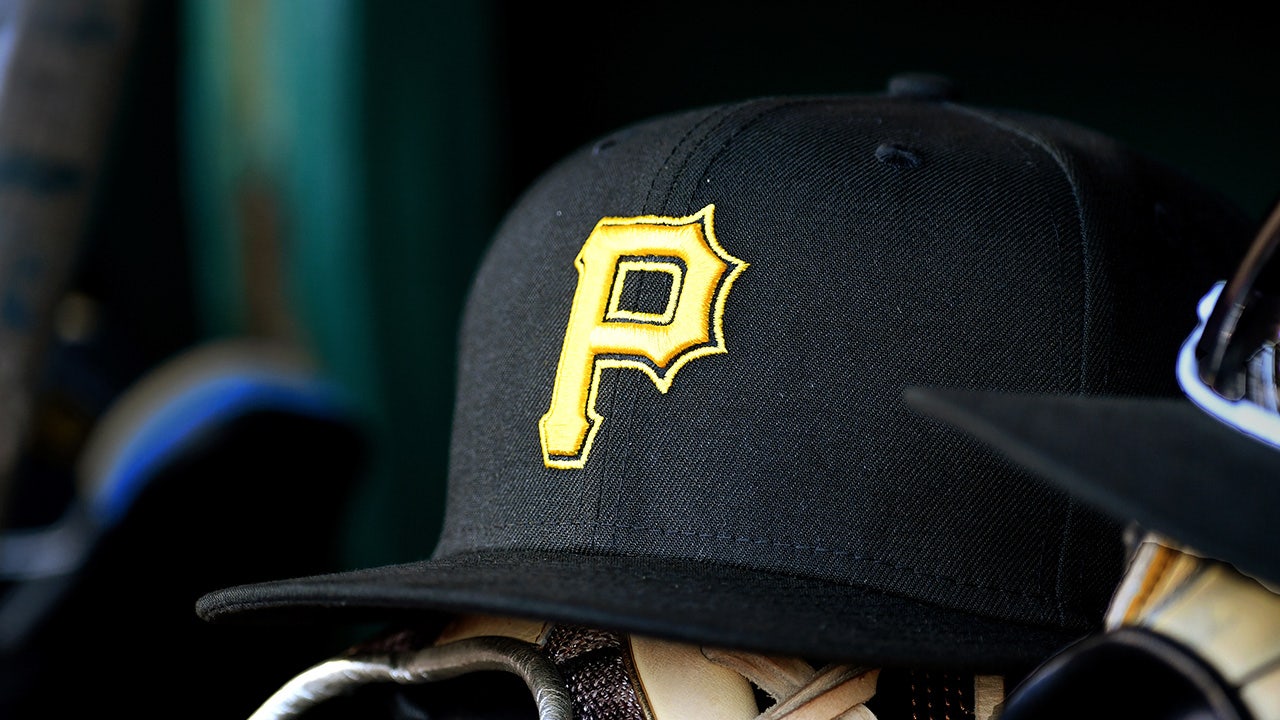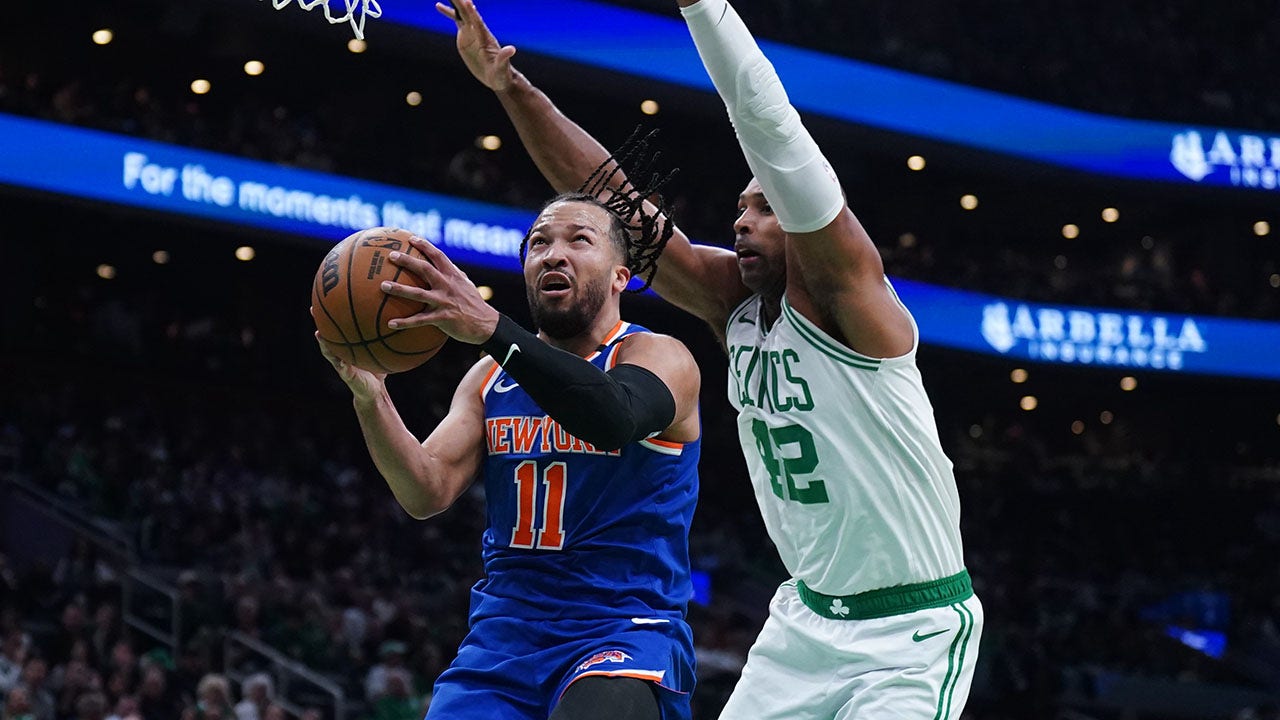Ricardo Pillai
Tue, May 13, 2025, 7:05 AM 3 min read
In This Article:
We came across a bullish thesis on Ingles Markets, Incorporated (IMKTA) on Substack by Peter Thomason. In this article, we will summarize the bulls’ thesis on IMKTA. Ingles Markets, Incorporated (IMKTA)'s share was trading at $61.09 as of May 8th. IMKTA’s trailing P/E was 18.68 according to Yahoo Finance.
An aerial view of a sprawling neighborhood with a grocery-anchored center at its center.
Ingles Markets (IMKTA) is a deeply undervalued American small-cap grocery chain with a unique asset profile and a history of durable financial performance. Despite being in a competitive industry dominated by players like Walmart, Amazon, and Costco, Ingles has never posted an unprofitable year and has slowly compounded intrinsic value over time through strategic real estate ownership and operational efficiencies. The company is still run by the Ingle family, with current CEO James Lanning having risen through the ranks since 1975, and Robert Ingle II, the founder’s son, serving as chairman. This owner-operator structure aligns management’s interests with long-term shareholder value creation, and the company’s steady capital allocation reflects this mindset. What sets Ingles apart from most grocers is its enormous real estate footprint—unlike its peers that lease stores, Ingles owns the vast majority of its land and buildings, often situated in suburban retail centers where it also earns high-margin leasing income from nearby tenants. This ownership model has insulated it from rising rent costs and allowed for more flexible strategic positioning, including operating distribution centers and its own Milkco plant that vertically integrates much of its dairy, juice, and tea supply.
Although its real estate is recorded on the balance sheet at cost, much of it was acquired decades ago. As a result, Ingles' tangible book value dramatically understates the real economic value of its property. The company is currently trading at a 23% discount to that understated tangible book value, making it a rare case in public markets where a profitable, steadily growing business trades for less than its depreciated land and buildings—let alone their fair market value. While giants like Costco trade at 16x tangible book and Kroger at 10x, Ingles trades at less than 1x, offering a striking discrepancy. The business itself is also solid: it has kept prices low via its distribution scale, grown its footprint in smaller towns, and adapted to changing consumer preferences by expanding organic offerings, online pickup, in-store meal options, fuel centers, and Starbucks kiosks. While a hurricane recently caused a temporary dip in margins, the long-term thesis remains intact.
.png)
 German (DE)
German (DE)  English (US)
English (US)  Spanish (ES)
Spanish (ES)  French (FR)
French (FR)  Hindi (IN)
Hindi (IN)  Italian (IT)
Italian (IT)  Russian (RU)
Russian (RU) 








Comments